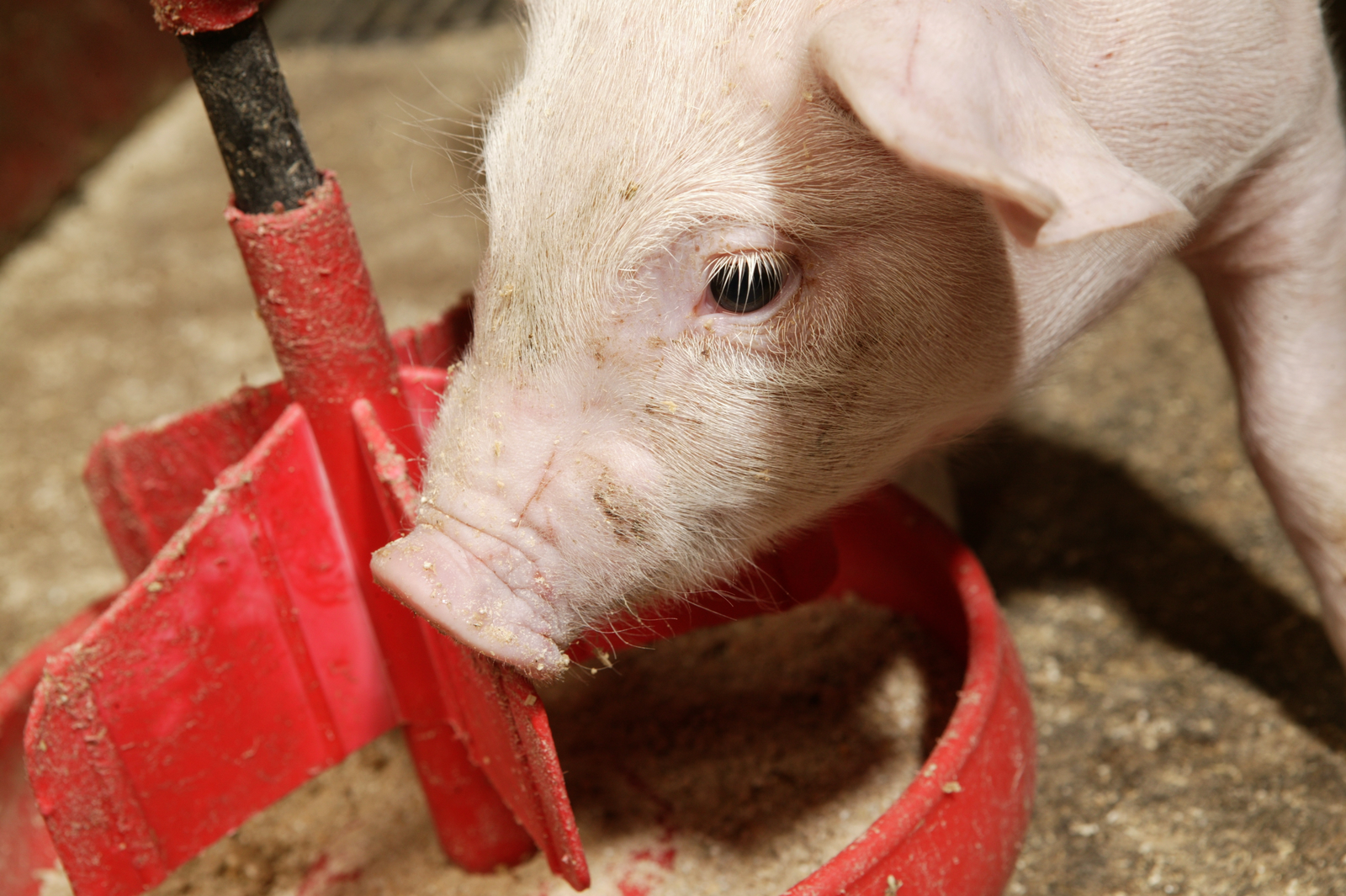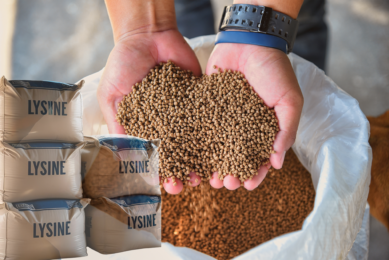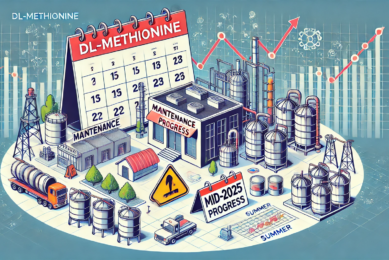Effects of heat damage on canola meal fed to pigs

Abstract: An experiment was conducted to determine effects of heat damage on the apparent ileal digestibility (AID) and the standardised ileal digestibility (SID) of crude protein (CP) and amino acids (AA) in canola meal fed to growing pigs.
The second objective was to develop regression equations to predict the concentration of SID AA from the nutrient composition of canola meal. Ten growing pigs (initial body weight: 26.5 ± 0.7 kg) were surgically equipped with a T-cannula in the distal ileum and allotted to a replicated 5 × 5 Latin square design with 5 diets and 5 periods in each square.
One batch of canola meal was divided into 4 batches that were either not autoclaved or autoclaved at 130 °C for 20, 30, or 45 min. Four diets were formulated with canola meal being the only source of AA and CP in each diet. A N-free diet also was formulated and used to determine the basal endogenous losses of CP and AA in the pigs. The AID of CP and all AA was reduced (quadratic, P < 0.01) as a result of increasing time of autoclaving. Autoclaving of canola meal also reduced (quadratic, P < 0.01) the SID of CP and all AA. The concentration (g/kg) of SID lysine in canola meal may be predicted by regression equations using the concentration (g/kg) of reducing sugars in the meal (r2 = 0.96).
Likewise, the concentrations of SID AA for most AA may be predicted from the nutrient composition of canola meal. In conclusion, heat damage reduces both the concentration and the digestibility of AA in canola meal. Regression equations developed in this experiment may be used to predict the concentration of SID AA in canola meal.
Source: Science Direct











